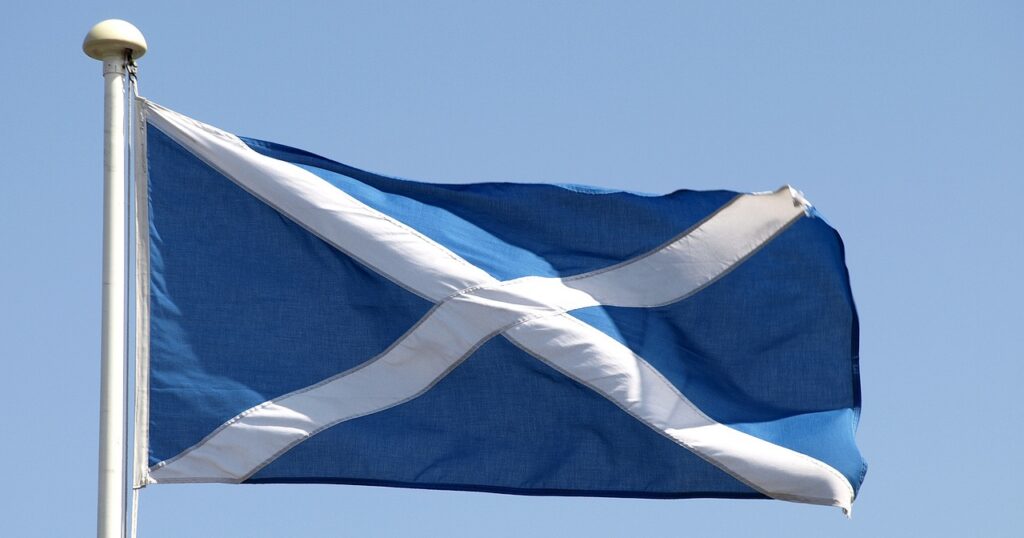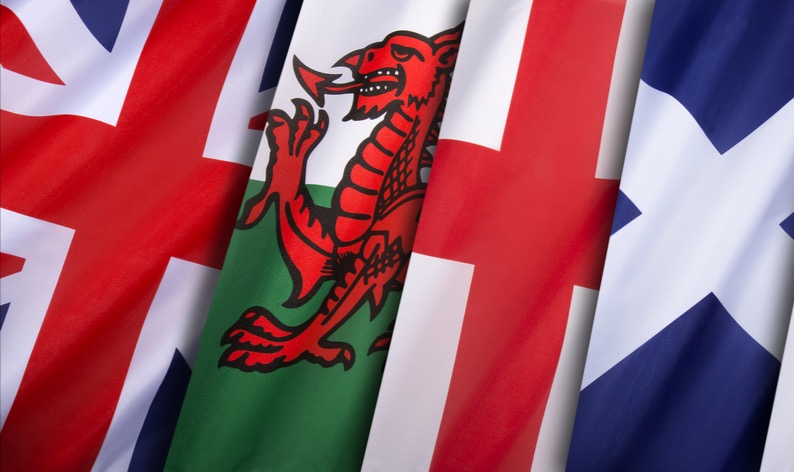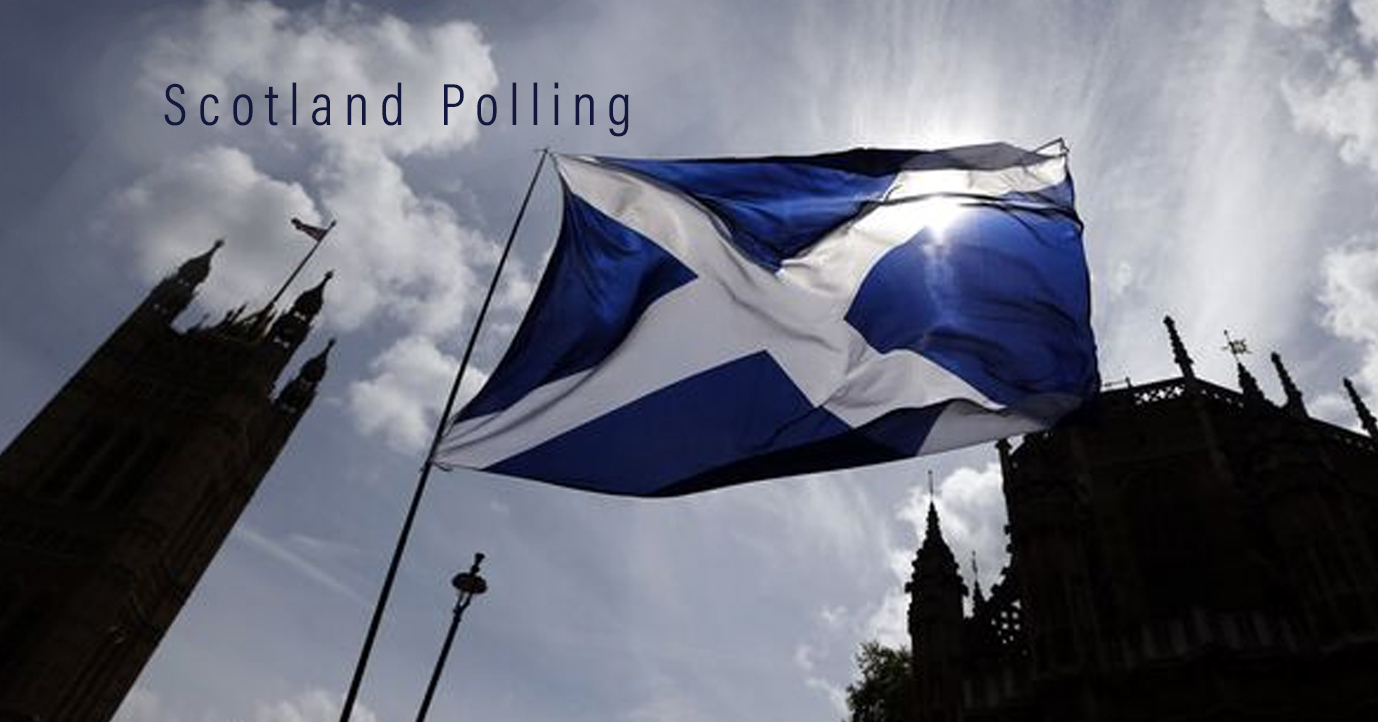
Events that change the world sometimes have little apparent effect on politics. At first glance, this is the case with the covid pandemic and the scene in Scotland, according to my latest research.
The independence debate continues to sit on a knife-edge. In my 2,000-sample survey, the 51-49 margin for staying in the UK amounts to a statistical dead heat. To the frustration of many voters on all sides who would rather talk about something else, the question still dominates the agenda: nearly as many people say they will use their votes next week to prevent a new referendum as to try and secure one.
Not only does the SNP maintain its clear lead in the Holyrood elections, its support is more intense: those naming the nationalists as their most likely choice put their chances of actually turning out to vote for them higher than those of other parties’ potential backers.
Nicola Sturgeon herself is more dominant than ever. As her newly appointed rivals (and the perennial Willie Rennie) struggle to make an impression, the First Minister’s handling of the pandemic has enhanced her standing even among her critics. Many praise the clarity of her daily briefings and draw a contrast with Boris Johnson (whom many Scots cannot quite believe has become Prime Minister), even if the more cynical praise “her commitment to being on TV every day,” as one focus group participant archly put it. Her occasional digs at London’s approach have found a ready audience, and if she happens to be able to lift restrictions early in the run-up to an election, well, that’s politics, isn’t it? In our ever-revealing question on what animal each leader would be, the canny Sturgeon emerges as a fox, panther or lion. Alex Salmond, her supposed nemesis, is a warthog, toad, snake or wild boar; Johnson is a panda, sloth, orangutan or pigeon (“a lot of folk don’t like them but that doesn’t stop there being pigeons everywhere”). Keir Starmer is sleepy Bagpuss, or “a rabbit caught in the headlights”.
But the research reveals some other straws in the wind. While not necessarily ready to say they have yet changed their minds, we found some former Yes voters more nervous about independence. Though they think Sturgeon has outperformed the Prime Minister, they know that vaccine procurement was a UK effort and doubt whether an independent Scotland could have sustained its own furlough scheme on anything like the scale seen over the past year. With oil revenues now offering a less reliable foundation for the Scottish economy, the thought grows that Edinburgh might become not just the architectural but the fiscal Athens of the North.
For many, Brexit is a powerful justification for a new independence referendum. But this, too, works both ways. Belief that the effects of Brexit have yet to play out adds to qualms about Scotland’s economic prospects, especially when combined with uncertainty about the post-covid recovery. Those who would like an independent Scotland to rejoin the EU are far from certain that this could easily happen; they are unlikely to have their doubts assuaged before any new vote. Northern Ireland’s experience leads to questions about the post-independence border between Scotland and England. And those who despaired at four years of Brexit negotiations will need to be convinced that Westminster will prove a more magnanimous negotiating partner than Brussels – a reversal of the nationalists’ standard demonology. Meanwhile, with questions like Scotland’s future currency unanswered, some who still favour independence at heart feel it would be more of a leap of faith now than in 2014.
Most feel Salmond’s motives for launching Alba have more to do with ego than independence. But the SNP has lost some of its lustre. Many question its record on health, education and poverty, and bungled schemes like Edinburgh’s Royal Hospital for Sick Children. Some openly say the SNP is the means to an end, believing the party to achieve Scottish independence may not be the right one to run an independent Scotland.
Many are nervous about the prospect of a new referendum without authorisation from London, and cite the example of Catalonia. But pro-independence voters take promises of further devolution with a large pinch of salt, and the current settlement seems to promise continued Tory rule from Westminster for much of the foreseeable future. There is a feeling that Scottish politics cannot move on until the question is settled. If it is in Sturgeon’s favour, she seems more likely to dislodge Downing Street’s current occupant than the official opposition.


